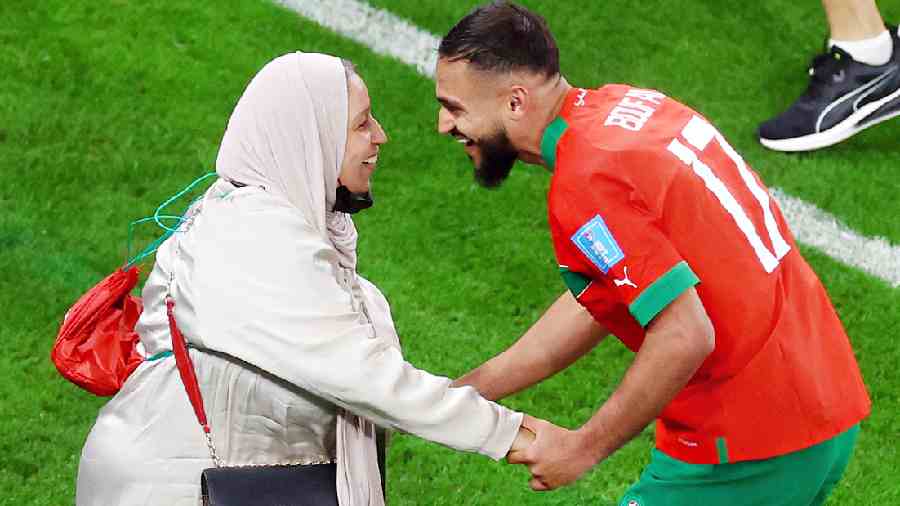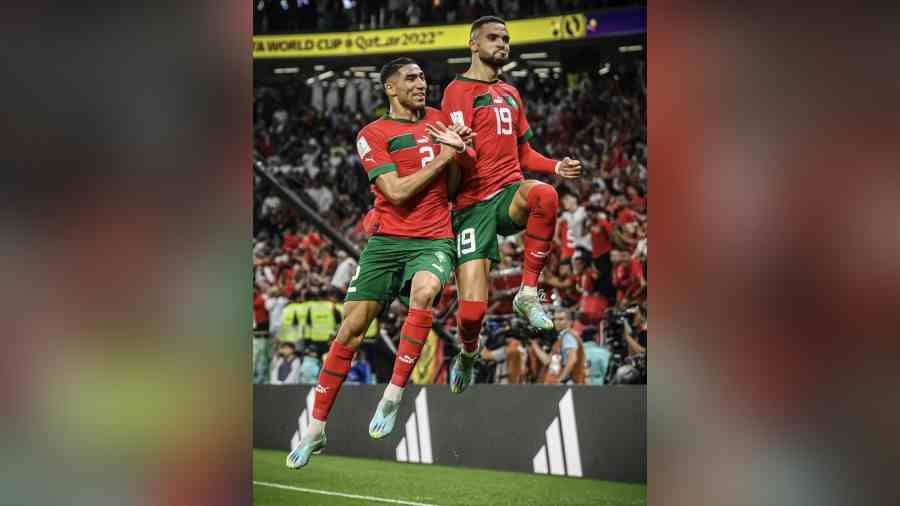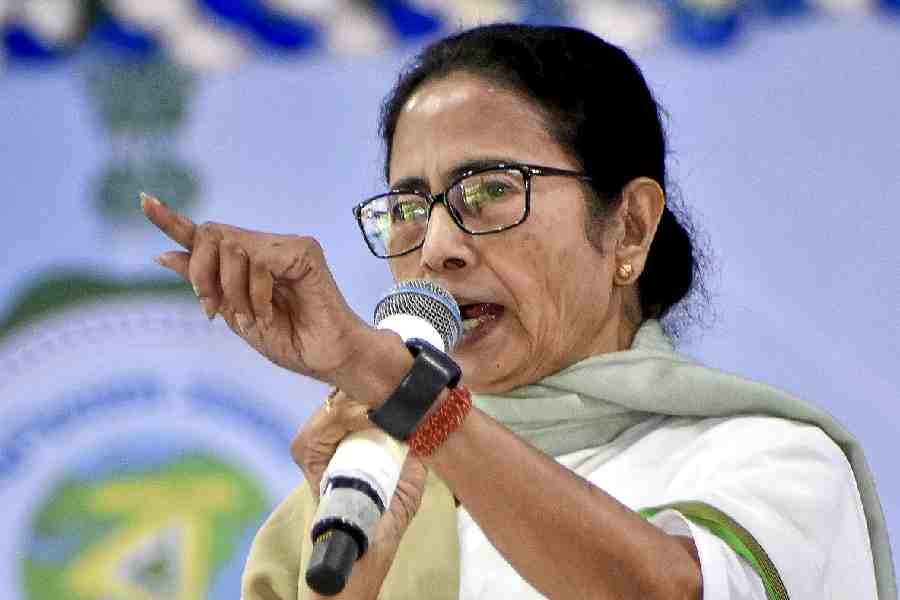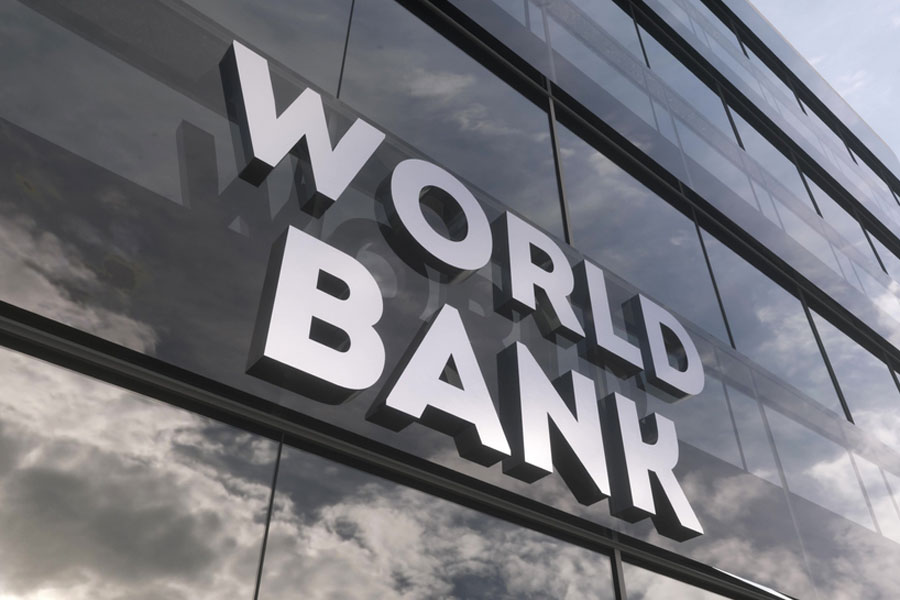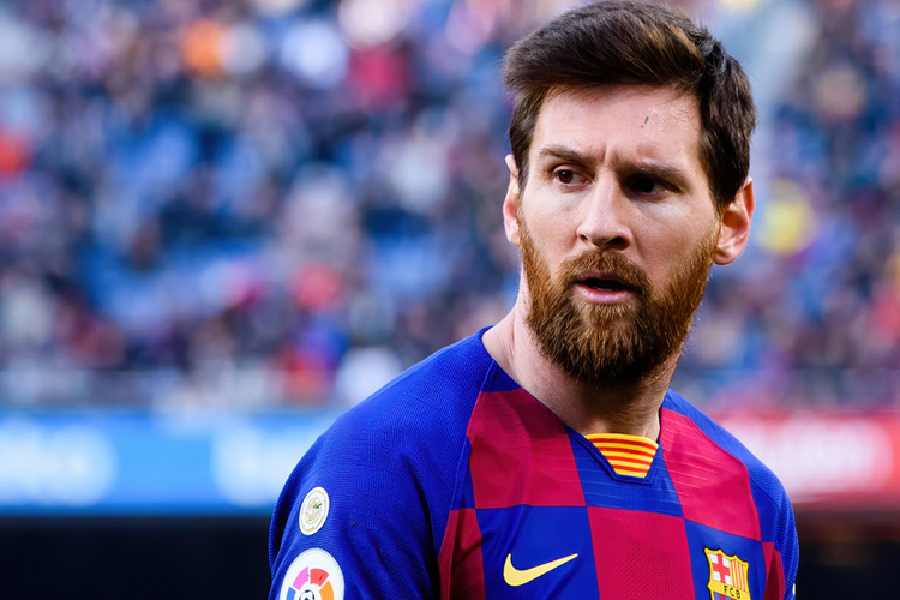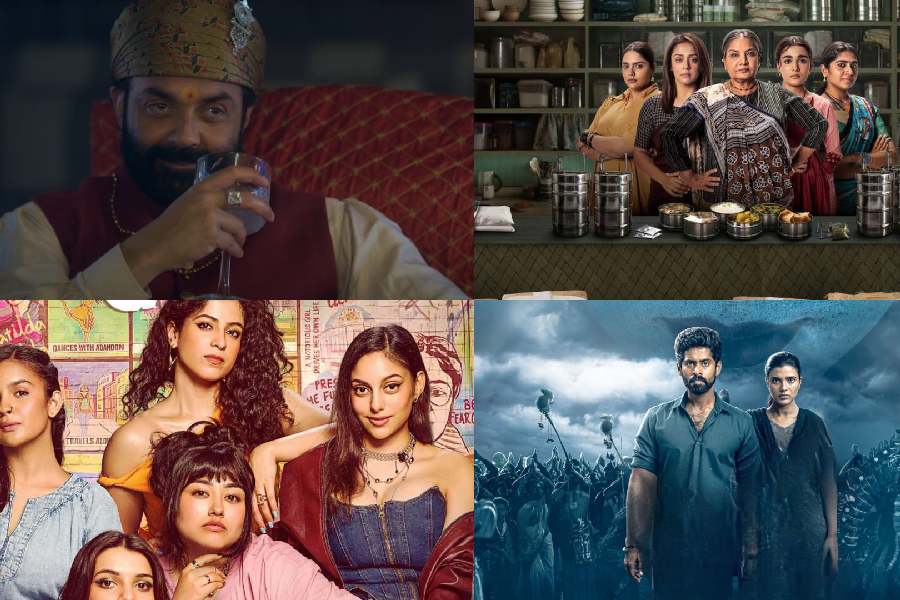With his medium height, average build and bald pate, you’d think 47-year-old Walid Regragui can have little in common with Rocky Balboa, the brooding boxer with the ripped body played by Sylvester Stallone. But hear it from the man himself.
“We are making the whole world happy. You know, when you watch Rocky Balboa, you want to support Rocky, that is normal. We are the Rocky of this tournament,” the Morocco coach said after his team beat fancied Portugal 1-0 on Saturday, becoming the first African or Arab country to ever reach the World Cup semifinals.
Few parallels could be more apt, Rocky representing an iconic franchise of underdog films, beginning 1976, where the protagonist is written off as a good-for-nothing before he gets an unlikely shot at the world heavyweight championship.
“You can have less talent, less quality, and less money, but if you have hope, work hard, fight and believe, you’ll be able to do anything,” Regragui said.
The rise of the unsung Moroccan Mavericks, punching far above their weight, has been the story of this World Cup, their path to glory so far littered with the wreckage of top teams like Belgium, Spain and Portugal, while Croatia managed just a draw.
None was able to find the net against them — Spain even managing to miss all the three penalties they took in the shootout — with the lone goal the Moroccans have conceded in five games being an own goal.
Regragui had had just over two months to impose the defensive discipline that the North Africans are now being praised for. He had been appointed only on August 31, after the sacking of their Bosnian coach Vahid Halilhodzic.
The first decision he took, against stinging media criticism, appears crucial in hindsight — the inclusion of foreign-born players.
More than half the players in the 26-man squad were born in Europe. Regragui had travelled across Europe, getting Moroccan footballers playing there to buy into his blueprint.
He persuaded Chelsea midfielder Hakim Ziyech, who had retired from the national team after Halilhodzic ignored him for the African Cup of Nations, to return.
Ziyech has now scored against Canada and has an assist too.
Midfielder Sofyan Amrabat, who had like Ziyech played for the Netherlands as a junior, has been a standout performer.
Regragui also kept faith in Youssef En-Nesyri, the Sevilla striker whose confidence had been shot following severe criticism at home.
“I defended him against everyone,” Regragui said.
On Friday, En-Nesyri’s towering leap and header sent Portugal packing. Regragui sought to instil belief in the entire team.
“Before the World Cup, I told them this was not about just three group matches,” he said.
“If you think like that do not come with me. Let’s believe that we are going to play seven games,” he told the players.
“The message went around the group and see the results. We will be playing our sixth game next week,” Regragui said on Friday night.
“If you don’t dream, you don’t get anywhere. It doesn’t cost you anything. The message I’m trying to get to the players is to be confident, go out there and give everything, and have no regrets. And they believed me.” Regragui has got his “less talent, work hard” team to play like a unit.
Right back Achraf Hakimi — a clubmate of Lionel Messi, Neymar and Kylian Mbappe at PSG — Romain Saiss, Yahya Attiat-Allah and Jawad el Yamiq were brilliant on Friday.
Attiat-Allah was playing only because Noussair Mazraoui was injured, but he had an assist.
Nayef Aguerd, so brilliant against Spain, was out too but others stepped up.
Hours earlier, goalkeeper Yassine Bounou — En-Nesyri’s clubmate at Sevilla — had delivered a player-of-the-match performance, palming away Joao Felix’s cracking right-footer and then thwarting Cristiano Ronaldo when the Portuguese had a clear sight of goal.
“We are here to change the way the world looks at us. We are here to change the mentality and insecurity. The generation coming after us will now know that Moroccan players can create miracles,” Bounou said.
Three decades ago in 1990, when Cameroon made it to the last eight beating teams like Argentina and Colombia on the way, an excited Pele had predicted that an African team would lift the World Cup by the end of the 20th century.
Yet Nigeria flattered to deceive in 1994 and 1998, and apart from Senegal in 2002 and Ghana in 2010, none managed to go beyond the quarter-finals.
A lack of discipline in game management, bickerings over player bonuses and revolts against associations were what made news with most of the African sides. But the situation seems to be changing with a clutch of young African-bred coaches making their presence felt.
They are smart, dynamic and ready for bold experiments — and know their country’s football culture and talent inside out. For the first time in history, all the African teams in a World Cup have African coaches: Regragui; Aliou Cisse, who took Senegal to the round of 16; Djamel Belmadi of Algeria; Tunisia’s Radhi Jaidi and South Africa’s Benni McCarthy.
Four of them are out but Regragui is now preparing for his sternest test yet, with defending champions France awaiting his team on Wednesday.
France are studded with global superstars, but Regragui will be expecting a lot of support for Morocco too, and not just from fellow Arab fans.
“We are now becoming the team that everyone loves in this World Cup. I think now the world is with Morocco,” he said.
Additional reporting by Reuters

